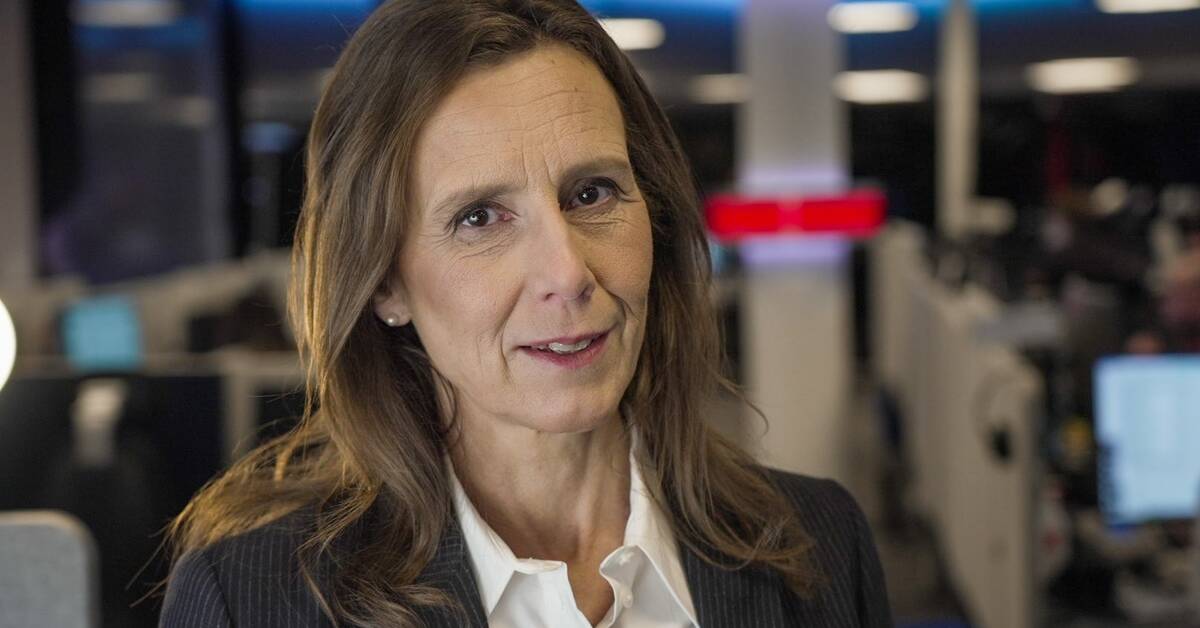No one in the EU is allowed to send engines of more than 400 horsepower to Russia.
Nor are there any components needed to manufacture them.
This is the engine power that the EU has assessed is required for transport vehicles that build economic growth, which they want to prevent Russia from, according to the truck company Volvo.
Thus, both Volvo and Scania will stop deliveries to Russia.
Volvo Cars is also forced to stop deliveries.
(The heaviest plug-in hybrid SUVs also have 400 horsepower, but I guess there are other specific sanction rules they are afraid to break.)
Swedish banks may be affected
Sandvik, Ericsson, Electrolux are also stopping their deliveries.
But Russia accounts for only a few percent of the turnover of the stock market giants and the shareholders will hardly notice anything at all because of it.
The same can probably be said for H&M and Ikea, even if they would also be forced to close as a result of the sanction rules.
Of course, there are smaller companies, including on the stock exchange, that are more focused on Russia and are hit harder.
Clearly, the Swedish company's employees in Russia are hardest hit, as they are likely to lose their jobs if the sanctions are not lifted fairly soon.
So, even if there is total chaos in the Russian economy, goods that do not come in, banks that can not make foreign transactions, a central bank that can not use the foreign exchange reserve, and even bankruptcy for the whole of Russia, there is no major danger for Swedish economy - possibly with some question marks for the big banks.
Swedbank and SEB are large in the Baltics.
There can be major export disruptions for customers and credit losses for banks.
Risk of rising electricity prices
What can seriously create chaos in Europe is a two-way weapon: gas.
If the whole of Russia is shut down from the Swift payment system, it will not be possible to pay for oil and gas, and then of course the EU will be without it.
This would lead to energy chaos, and probably uncontrolled rampant electricity prices, not only in Germany where they need the gas, but also in southern Sweden, which belongs to the same electricity market.
Of course, Putin himself could use the same weapon and restrict oil and gas exports.
The next big question will then be whether he can sell to China instead, and whether China is therefore prepared to ally with Putin.
Given the strained relationship between China and the United States, one might think it would be close at hand.
But China is investing in becoming the world's largest economy, larger than the United States.
And then China needs to trade with the rich part of the world and not just with Russia, which is an economic dwarf in comparison with China and the United States.
So far, however, no side seems prepared to touch the oil and gas.
The Defense Group is rushing to the stock market
And what stood out on the stock market today after the recent political announcement about Ukraine was something completely different: a winner.
The share that rose the most of all large companies was Saab.
It is the defense group Saab that manufactures armored shots 86. The announcement last night from the government about deliveries of such to Ukraine, and hopes for increased weapons orders from several countries in the future, sent up the stock market price with an appalling 18 percent today…

